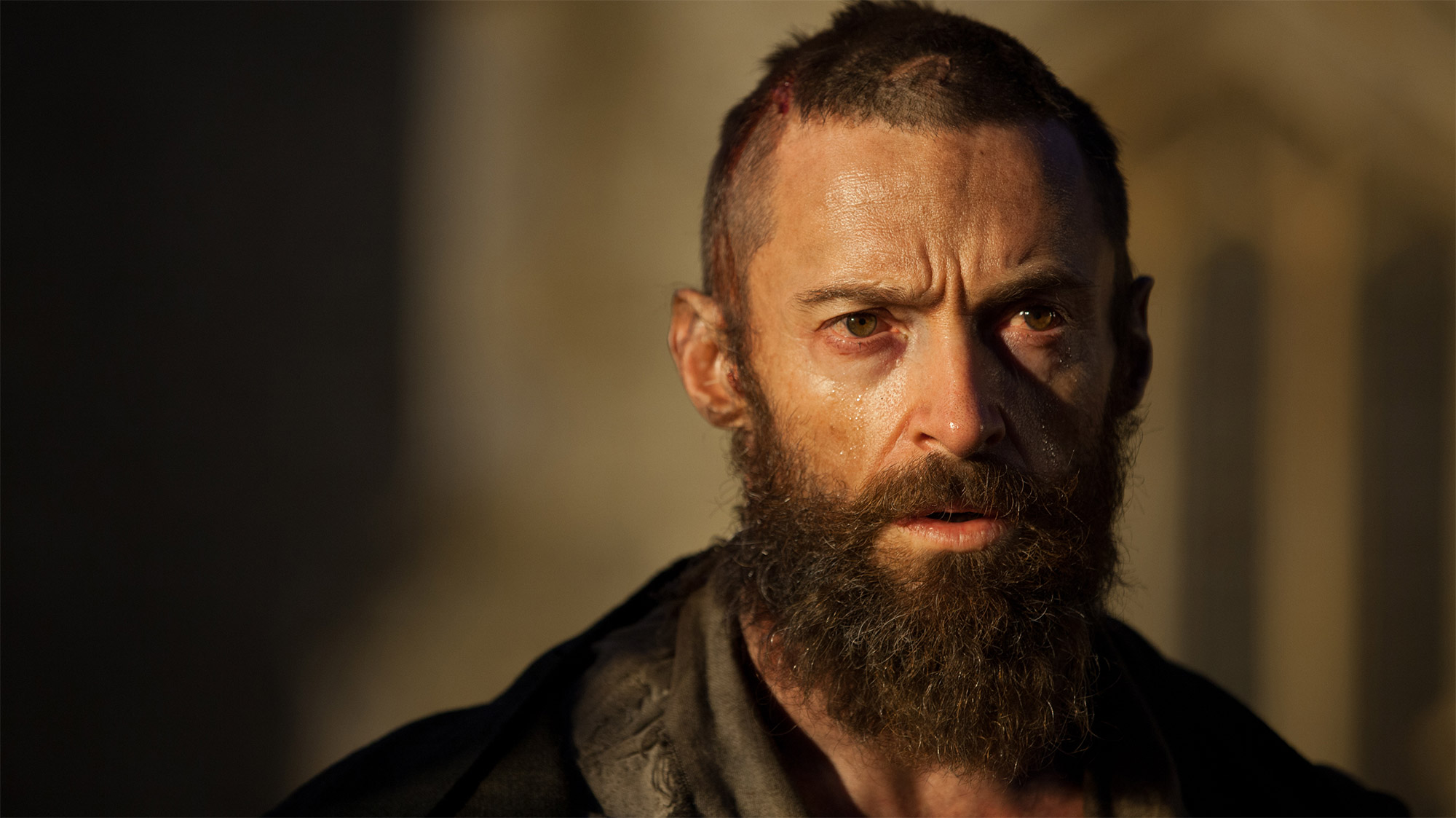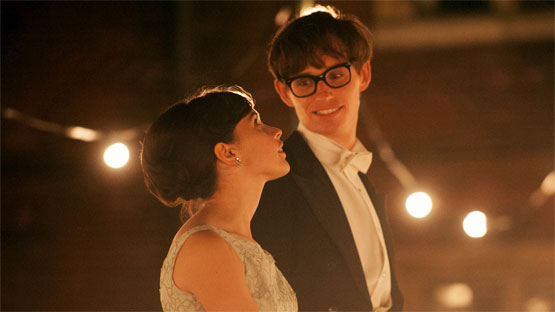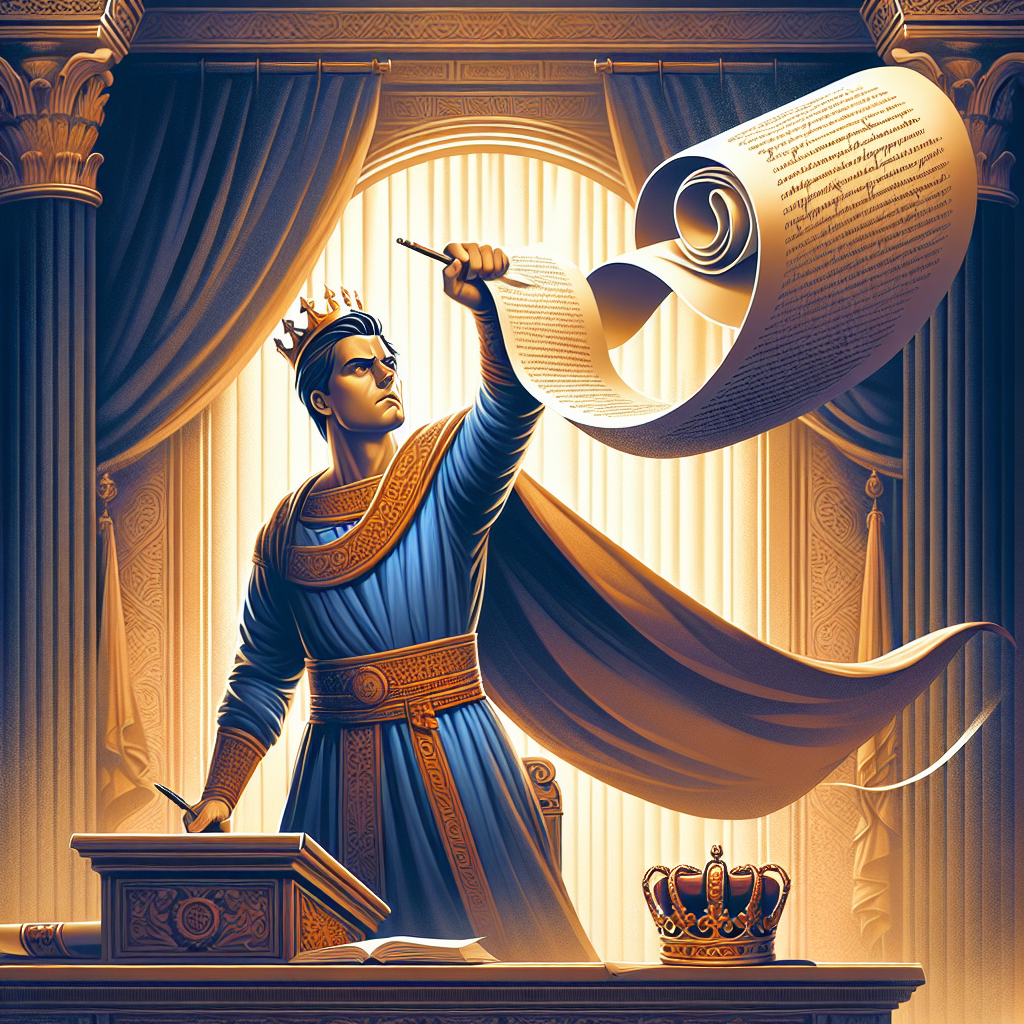The 2012 film adaptation of Victor Hugo’s beloved classic “Les Misérables” is more than just another cinematic recreation of the historic tale; it’s a poignant illustration of humanism – full of raw emotion, social injustices, and the exploration of redemption amid hardship.
Tom Hooper, the Academy Award-winning director, delves into the narrative’s depths with an approach that is both daring and authentic, utilizing live-sang performances that not only pay homage to the hits of the original musical but also harness the performers’ genuine emotive responses. This technique truly allows the actors to embody their roles, which not only adds to the credibility of the characters but also deepens their connection with the audience.
Hugh Jackman, who plays the key character, Jean Valjean, does an excellent job of portraying the refined, repentant protagonist, whose life is a testimony of transformation based on love and mercy. Jackman’s Valjean is both powerful and delicate – strong enough to move mountains yet fragile enough to be moved by undeserved kindness. His unforgettable rendition of “Who Am I?” is particularly heart-wrenching – capturing the complexity of his character stuck between his past identity as a convict and his revitalized self as a benefactor.
Anne Hathaway’s performance as Fantine, the quintessential woman wronged, is undeniably worthy of an Oscar. Her raw and vulnerable rendition of “I Dreamed a Dream” tears at heartstrings, encapsulating the essence of her character’s anguish and shattered dreams within a few unforgettable minutes.
The film boasts an ensemble cast that includes Russell Crowe as Inspector Javert, who redefines black-and-white morality with his complex depiction; Eddie Redmayne as the lovable revolutionary Marius; and the endearing yet tragically comic duo of Sacha Baron Cohen and Helena Bonham Carter as the Thénardiers.
The physical settings of “Les Misérables” are harrowing yet mesmerizing, contrasting the grim underbelly of Paris with its glamourous façade. The cinematography unfolds as if seen through a painting, highlighting an era of both beauty and decay. The stark idyllic imagery in the barricade scenes and the gruesome reality of poverty in the Parisian slums visually encapsulate the “Misérables” in the film’s title.
One of the overarching themes that echo throughout the narrative is the callous social inequality. The suffering of the underprivileged characters, most evidently expressed in the lyrics of “Do You Hear the People Sing?”, is a timeless battlecry for justice that rings true today, just as it did during the post-revolutionary French era. The musical score is powerful and emotive, breathing life into Hugo’s words, uplifting viewers through soaring melodies and moving lyrics while simultaneously pushing them deeper into the heartache and sorrow that proliferates the narrative. The triumphant reprise of “Do You Hear the People Sing?” at the film’s conclusion serves as a beacon of hope, even as it recounts the sacrifices made for freedom.
However, not all elements of the film are praiseworthy. The non-linear narrative can be somewhat confusing for those unfamiliar with Hugo’s original work or the musical adaptation. The abrupt shift between songs might also come off as disjointed, despite being faithful to the musical format.
In conclusion, “Les Misérables” is a masterful adaptation, rendering the themes of the original novel into an emotionally charged film. Although it carries a similar name to hundreds of other adaptations, Tom Hooper’s version distinguishes itself by highlighting the human spirit and its ability to rise above suffering, making it a valuable conduit of the humanistic values rooted in Hugo’s timeless masterpiece.
Even if the film’s historical and socio-political backdrop might feel distant, its exploration of love, mercy, sacrifice and redemption, and the stark reflection of social inequality are universal elements that resonate across eras, making “Les Misérables” a poignant display of humanism worth a watch.




